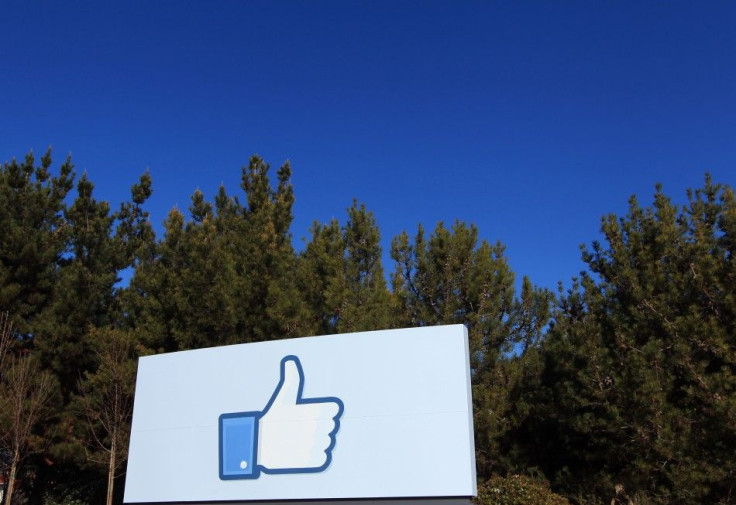Facebook and Google Team up to Form DMARC: How to Fight email Spam
Microsoft and Yahoo Also Joining in

What's DMARC if not a new super-league of tech companies including Facebook, Google, Microsoft, Yahoo and ten others to fight email spam? Though the companies compete on many levels, one thing they can agree on is email phishing scams are not good for people who use their products (except, of course, the spammers themselves - at least the ones who make money). Phishing scams are notorious because the email messages tend to look like legitimate ones from reputable sources.
That's why the companies listed above have linked together on a project called Domain-based Message Authentication, Reporting and Conformance. Together, they'll work on building a system that can tell which messages are fake and which are legit. There are already systems in place to help with this like spam filters, but there is no formal or standardized solution for taking out scamming emails. DMARC would help fix the spamming problem by getting email senders and the businesses who provide email service to exchange information about the messages they get and the messages they send. DMARC could help identify messages that are legitimate and even warn email providers whenever their domain name is used in a scam message.
DMARC would then have the option of getting the fake messages moved to spam or have the providers block entirely. Around 15% of gmail messages (non-spam) are covered by DMARC so people don't have to worry about any emals from those senders, Adam Dawes, a manager at Google wrote in a Google blog post.
With DMARC, large email senders can ensure that the email they send is being recognized by mail providers like Gmail as legitimate, as well as set policies so that mail providers can reject messages that try to spoof the senders' addresses, Dawes said in the post.
Tell us in the comments if your email is good at filtering out spam or if you still get them regularly.
© Copyright IBTimes 2024. All rights reserved.





















